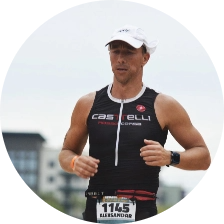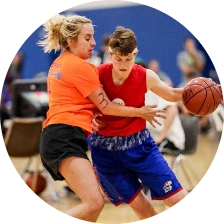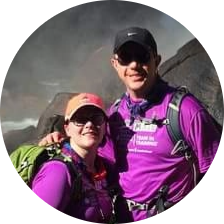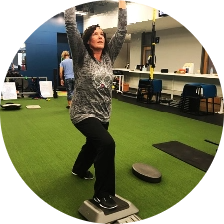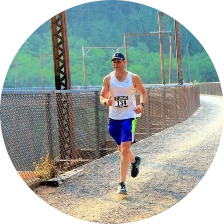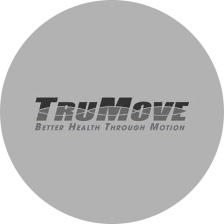Blog
May 16, 2019
Is Your Rotator Cuff Giving You Guff?

TruMove—promoting healthier living through movement care and education in Overland Park, KS, the greater Kansas City area, and beyond.
Do you find yourself grimacing over a deep, dull ache in your shoulder when you comb your hair? Are you puzzled by that unexplained weakness in your shoulder and arm when you try to lift something to an overhead position? Do you wake up from your sleep if you roll onto that shoulder? If so, there is a chance you may be suffering from an injury to your rotator cuff. The good news: You don’t have to keep taking guff from that rotator cuff. Many rotator cuff injuries can be healed with physical therapy exercises that improve flexibility and strengthen shoulder muscles surrounding the joint.
What exactly is the rotator cuff?
Rotator Cuff is a term used to reference the group of four muscles that stabilize the shoulder joint during movement – supraspinatus, infraspinatus, teres minor, and subscapularis. Each muscle is responsible for maintaining the position of your shoulder as you raise your arm, keeping the head of the upper arm bone securely within the shoulder socket. When working properly, the rotator cuff provides stability with functional tasks and prevents pain from occurring.
What causes rotator cuff pain?
While a traumatic injury to the shoulder may result in a tear of the rotator cuff, most rotator cuff injuries result from gradual wear and tear on the muscles and tendons in the area and occur among individuals who perform repeated, overhead motions. Baseball players (particularly pitchers) and tennis players are highly susceptible to such injuries. Carpenters and house painters are also at high risk for experiencing rotator cuff issues due to the daily, repetitive overhead arm motions that their jobs require. If you are over 40 and/or have a history of rotator cuff injuries in your family, your likelihood for rotator cuff dysfunction also increases.
Is the rotator cuff the cause of my pain?
The rotator cuff is a fairly common source of shoulder pain, often referring symptoms down the arm and into the hand. If you are experiencing pain or uncharacteristic weakness in your shoulder or arm when raising it overhead, you may be suffering from a rotator cuff injury particularly if the high risk factors previously listed are at play. Try the movements pictured below. If your symptoms are reproduced with each movement, it is likely that the culprit may be an injured rotator cuff.
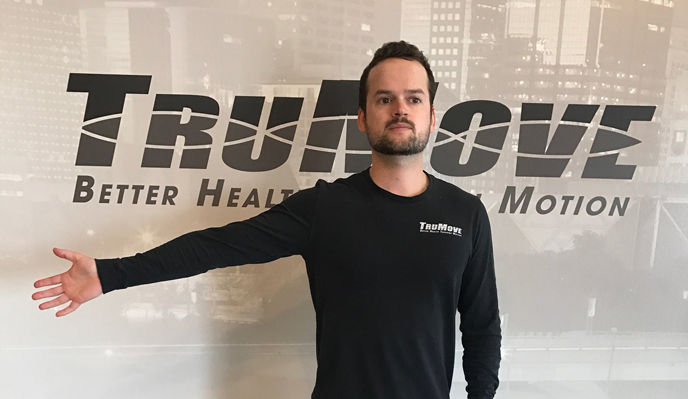

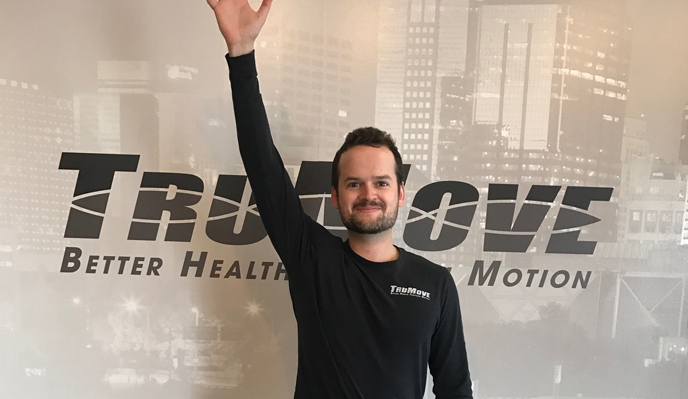
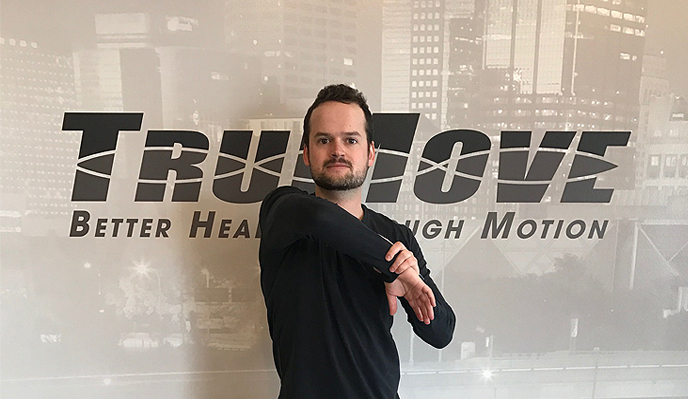
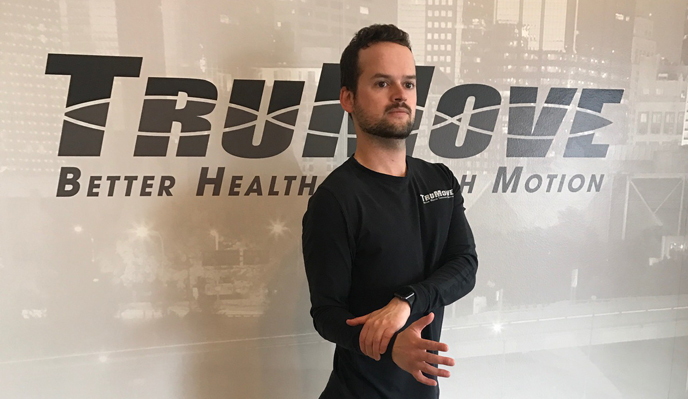
While these tests may be indicative of a rotator cuff injury, we do strongly recommend undergoing a full examination with a physical therapist to determine an accurate diagnosis and to begin a treatment plan specifically designed for you to meet your individual goals.
Is surgery required?
Typically, the answer is a resounding “no!” Rotator cuff dysfunction is very common and can often be effectively treated with more conservative means, allowing you to steer clear of the operating table. In fact, many who have rotator cuff tears, do not even experience any symptoms. Physical therapy provides a non-invasive approach to recovery – one that is highly recommended before considering surgery. Speak with a TruMove physical therapist today to discuss your specific injury, symptoms, and possible treatment options, beginning your journey to restored mobility and health.
What can I do to aid in my recovery?
While we do not suggest eliminating activity altogether, when tissues are damaged, reducing both the intensity and the volume of activity are required for natural repair. Thus, reducing the load of your workouts (or professional duties if they affect the rotator cuff) is advisable. Often a period of only 1-2 weeks with activity reduction will allow the body to recover. Low intensity activities that maintain and promote mobility without causing further tissue damage are recommended. Take advantage of TruMove’s online resources and complimentary consultations for ideas on ways to keep moving while healing. We also offer Deep Tissue Laser Therapy™ which has been aiding patients in their recovery processes, effectively reducing pain and inflammation.
How long will it take for my injury to fully heal?
As with all injuries, the duration of recovery depends on several factors including the severity of the injury and your body’s natural ability to heal. Your age, medical history, diet, and current health all play roles in the healing process. Once your injury and symptoms are assessed, a physical therapist will be able to help you set goals and a realistic timeline for healing specific to your personal injury.
As always, if you have any questions about your symptoms, available treatments, or how to prevent future injury, please reach out to us or visit our clinic in Overland Park, KS. We have been serving the Kansas City area for over a decade and continue to expand our outreach, always striving for Better Health Through Motion!



 Overland Park
Overland Park


